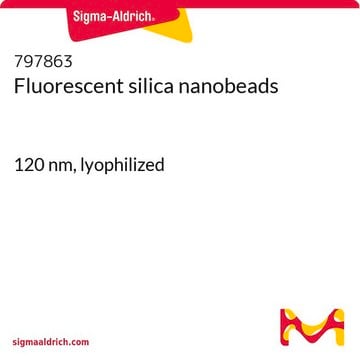A vertical arm with stereo zoom head attached that sits in a wide streamlined base; used for taller samples, e.g. flowers or machined parts Jenco Model GL7-305 for example. Only vertical adjustment and requires a fiber optic light source and light guide.
Z737933
Jenco™ stereo microscopes, dissecting
AC/DC input 220 V AC, binocular 10x-30x, illumination: halogen top; fluorescent bottom
Synonym(s):
dissecting microscopes, microscopes, stereo microscopes
About This Item
Recommended Products
description
3 Plug
EU 2-prong plug
manufacturer/tradename
Jenco ST-F802-2
Looking for similar products? Visit Product Comparison Guide
General description
Their illuminated stands let you choose light from three directions - above, below or both, to help observe opaque or transparent samples. Solid, all metal focusing mechanisms will endure student use well beyond the five year warranty.
Teachers like them because the eyepieces are locked and don′t walk, the all metal frames are built to last and the low voltage bulbs last for hundreds of hours and are easy to replace. Even models with rechargeable illuminators are available.
- Affordable
- Portable
- Durable
- Easy to use
- Five Year warranty
Legal Information
Choose from one of the most recent versions:
Certificates of Analysis (COA)
It looks like we've run into a problem, but you can still download Certificates of Analysis from our Documents section.
If you need assistance, please contact Customer Support.
Already Own This Product?
Find documentation for the products that you have recently purchased in the Document Library.
-
What is a Polestand on a Jenco™ microscope?
1 answer-
Helpful?
-
-
Can you use a 35mm camera with your Jenco™ microscopes?
1 answer-
We do not suggest using a 35mm Camera as we have found that a digital camera provides a clearer picture.
Helpful?
-
-
What is the difference between achromatic, semi-planachromatic, and planachromatic objectives on a Jenco™ microscope?
1 answer-
Each type of objective is color corrected to a higher degree than the previous one. In everyday terms, achromatic objectives afford approximately 80% of the field of view in focus from the center out to the edges. Semi-planachromatic afford approximately 90% and planachromatic afford approximately 100%. The better the color correction, the more cost.
Helpful?
-
-
What does the working distance on a Jenco™ microscope refer to?
1 answer-
The working distance is measured from the end of the objective to the top of the specimen when the specimen is in focus.
Helpful?
-
-
On Jenco dual illuminated stereo microscopes, where is the fluorescent light located?
1 answer-
The light is on the bottom or base of the microscope.
Helpful?
-
-
What is the difference between monocular, binocular, and trinocular for Jenco™ microscopes?
1 answer-
Monocular microscopes have a single eyepiece, binocular microscopes have two eyepieces, and trinocular microscopes have three eyepieces. The trinocular third eyepiece is generally used for photography and video applications.
Helpful?
-
-
What is a Nosepiece or turret on a Jenco™ microscope?
1 answer-
The part of the microscope where the objectives are attached. It is either reversed, with the objectives pointing away from the operator giving better access to the sample, or standard with objectives pointing toward the operator.
Helpful?
-
-
What is a Reticle on a Jenco™ microscope?
1 answer-
A group of lines, shapes, circles, or angles that are inserted in the eyepiece (usually on a disc) that provide either a standard of measurement or a focal point for the observer.
Helpful?
-
-
Why use immersion oil on a Jenco™ microscope?
1 answer-
If an objective is designed to use oil, you must use oil to get an acceptable image. Oil provides an improved path for the image to travel between the specimen and the objective.
Helpful?
-
-
What is the Department of Transportation shipping information for this product?
1 answer-
Transportation information can be found in Section 14 of the product's (M)SDS.To access the shipping information for this material, use the link on the product detail page for the product.
Helpful?
-
Active Filters
Our team of scientists has experience in all areas of research including Life Science, Material Science, Chemical Synthesis, Chromatography, Analytical and many others.
Contact Technical Service








